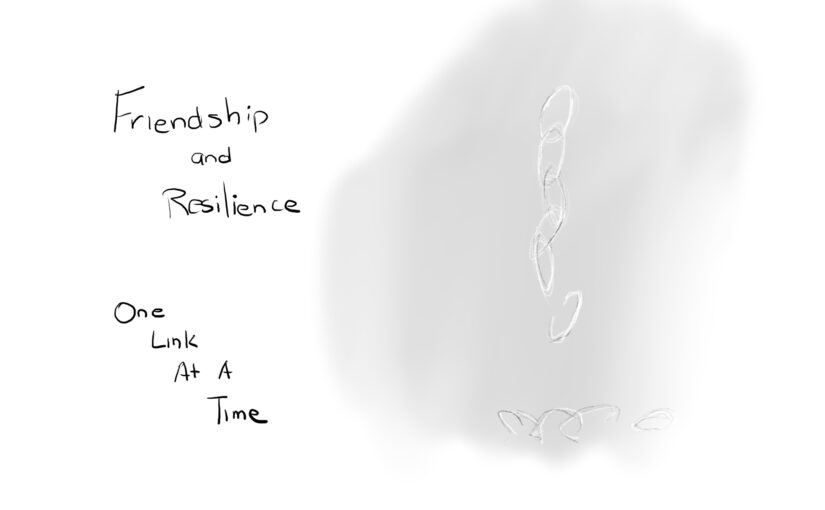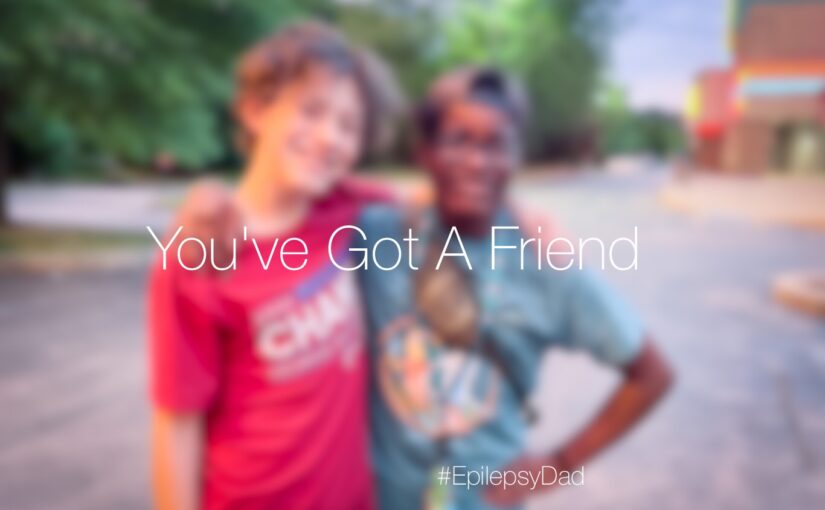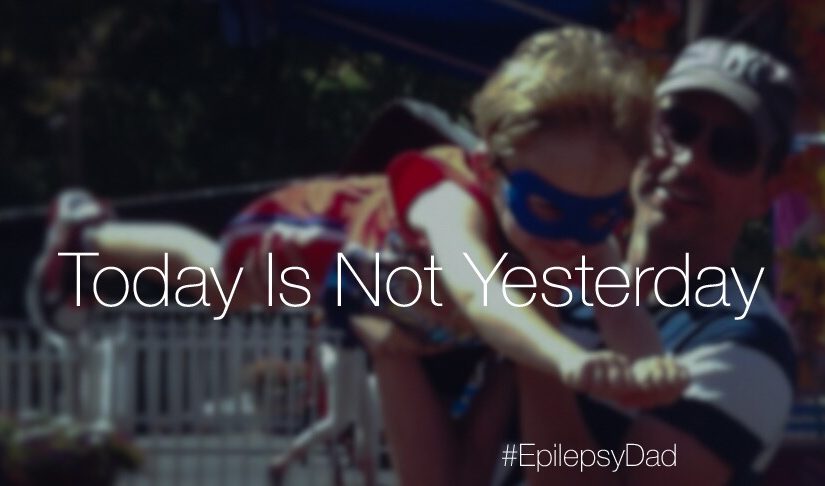I’ve never been good at maintaining relationships beyond the present moment.
I know people who have maintained friendships since grade school. Grade school. They became friends before they were teenagers and still talk to each other twenty or thirty years later.
I know other people who do yearly trips with college friends. Trips. They board an airplane and fly to another location to play golf, gamble, or whatever it is that friends who have known each other for twenty years do.
These are such foreign concepts to me.
After each move in my life, I started over. Friends from our first apartment in Connecticut became memories once we moved across town. When we moved to Florida, it was like starting over, except for periodic visits from family to keep that connection alive.
After I walked across the stage to get my high school diploma, the four years of bonds that I built were broken and discarded. At 19, I joined the Army and left Florida behind, too, once I left for basic training. I spent my entire enlistment overseas, and trips home were infrequent. Since my neighborhood friends were away at college, they, too, became artifacts of a different time.
The first person who spanned multiple stages of my life was my friend from the Army who looked out for me when I arrived in Germany. She was pregnant when I arrived, and when she had her daughter, I became a de facto godfather and uncle. She left the Army and returned home before I did, but after my enlistment ended and I returned to Florida, I would visit her and her family periodically.
For the few years I spent in Florida after the Army, I started another life as my professional career began. I was part of a group of young, single professionals, and we became friends and spent time together outside of work, too. There were friendships, community, and dating, but I set those aside when I took the opportunity to leave the heat behind and move to Colorado.
Colorado was another opportunity to start over. I didn’t know anyone, but my friend from the Army became a flight attendant, and Denver was a hub for her airline. We were still in contact, and when she had a layover in Denver, we were able to see each other. I still occasionally visited her family and also joined them on a trip to China.
Eventually, though, even that relationship started to fade. She would get married, and so would I, and I was grateful to have her at my wedding before our lives went in different directions.
After my son was born, I felt like things might be settling down. I had a group of friends who were married and starting families, and we developed solid friendships as the kids grew up together. For a few years, especially with one of the families, it felt like the kind of lifelong bond that I have seen others have. But a job offer across the country pulled us from that life and dropped us into a new one where we knew no one and had to start over.
Leaving our friends this time was tough, both because of the connection we created and because we were alone and isolated when my son began having seizures. For a few years, every relationship was transitory. Doctors, nurses, and staff were the most consistent people in our lives. My son struggled to maintain regular attendance at school, which left him as a constant outsider as the other children formed bonds. He longed for his friend in Colorado, the last stable friendship he had. We were lucky for a few years to travel back to Colorado and spend time with them, but it wasn’t the same.
Even after he was more stable, his health and the constant appointments made his attendance spotty, further impeding his ability to form friendships. It seems as if just when we would find a sense of routine and normalcy, the universe would use its cosmic hand to shake things up.
The pandemic hit and separated the world. The move to an online school, separate from the public school his friends attended, created more distance. Finally, as the world opened up and we found a school we believed was right for him, we left the city for the suburbs, and those tenuous relationships we struggled to maintain eventually faded.
In some ways, this latest iteration of our life feels settled. The teachers and community at my son’s school provide structure and consistency, which helps form strong relationships. However, on a personal level, at a smaller scale, it feels temporary.
Transitory.
The people I see every weekend at tennis disappear when the courts close until we pick it back up in the spring. We see similar faces every summer during baseball season, but only during the games and never beyond the playoffs, while most of the players attend the same school and have a year-long connection. It’s wonderful to have those circles to return to, but they are scattered rings rather than connected links in a chain.
More and more, it feels like those links close as they fall off the chain, preventing them from ever being reattached. My son is done with baseball, forever removing that link from the chain. He’s had close classmates ghost him after leaving the school, damaging those links beyond repair. His best friend from the past two years is transferring to a public school, so they won’t see each other every day, which leaves that important link hanging precariously close to being disconnected.
But maybe the goal isn’t to build one long, unbroken chain.
Maybe what matters is the ability to keep adding new links — to connect with the people who come into our lives when they do, to hold onto them for as long as we can, and to be grateful for each link while it’s there.
My son already knows how to do that. He connects deeply, he feels the hurt when a link breaks, and then he finds a way to add new ones. In his own way, he’s building resilience — and showing me what it looks like to keep building a life, one link at a time.


